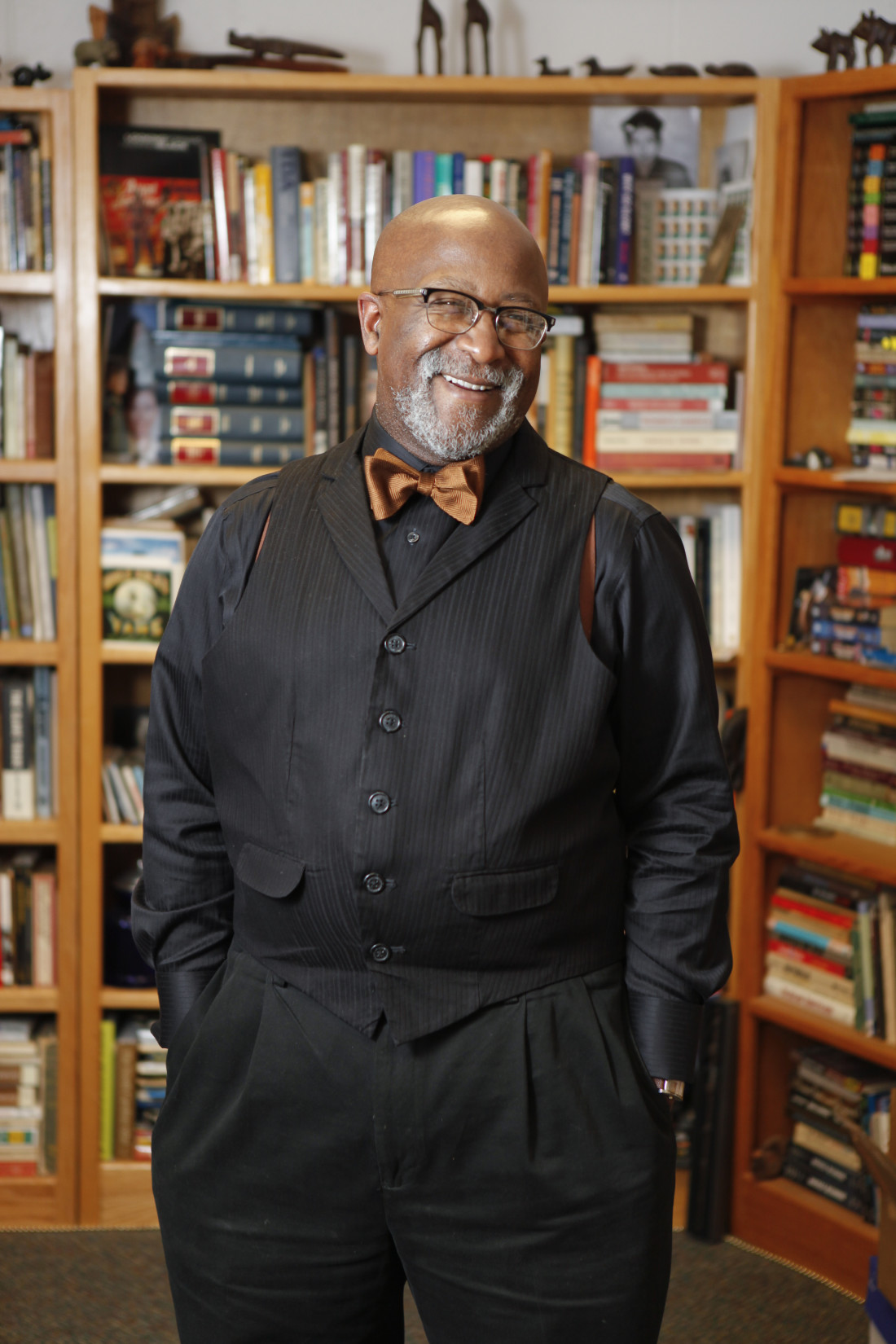Editor’s note: This essay is part of a series in which local experts were asked: “What would it take to solve the Asheville area’s affordable housing problem?”
Housing in Asheville is simultaneously booming and in crisis. The summer of 2015 seems to be culminating in trends that are several years deep. Construction has been on the upswing, while affordability is out of the range of those with average incomes. Public officeholders defend the hot real estate market, while average voters are moving closer to being displaced from the city.
For the impoverished, policies have waxed and waned in effectiveness over the years. Data mined by UNC Asheville undergraduates in The State of Black Asheville, an ongoing research project, tell a story that is changing as you read this article. Rent vouchers, partnerships between former public housing tenants and the private sector, may produce owner-occupied housing for those whose $8,300 annual income would never before have made it seem possible. This idea was discussed at a recent town hall forum held at the YMI Cultural Center.
For most, though, the options are extremely limited. Data indicate that the black population is in decline even as the city’s overall population increases dramatically. At least two reasons seem to explain what is happening with black city residents. One, African-Americans in their 20s and 30s are choosing to leave the area for places that seem more hospitable and satisfying. Charlotte and Atlanta are often preferred to an Asheville that frequently refuses to reach out to attract and retain folks who would join the core of an increasingly undersized black middle class. Poor pay and job opportunities are major components that contribute to self-exile. Young white people also face these factors, but black earnings, on average, are significantly lower than whites’. Black family income that averages just over $32,000 a year will not qualify for homeownership in Asheville. Why stay where you can’t live?
A second compelling factor for African-Americans in Asheville is the community itself. History clearly demonstrates that black neighborhoods will be obliterated: They seem to be the first areas selected for “improvement.” Public officials seem not to notice, while private developers proceed with only profit in mind. Culture, history, family, “roots” mean little in a present-oriented marketplace. And promises of future inclusion never pan out.
This city will be richer, whiter and increasingly more exclusive. We know this if we accept African-Americans and housing as the miner’s canaries.
— Dwight B. Mullen
Political Science Professor
UNC Asheville



The neighborhoods will be gentrified because the MARKET property values are normally lower and not because of location. In fact many of the black neighborhoods are in prime locations but in complete chaos. Blacks are in fact allowing others to push them out simply because as outsiders move in and spend money on their homes, the domino effect has the unintended consequence of attracting like minding folks who will use government and police ensure their investment doesn’t lose value. You academics figure out what they entails if you can wrap your brains around that concept.
I think this guy is worried because if he’s doing African-American research in an all-white city, what happens to his job? Where does he live?
Who is the REAL canary in the coal mine?
The crisis is one of total housing supply; not enough units. and it is caused by the UDO, with its single family zoning, unit density limits, residential height limits, setbacks, and parking requirements. Reversing the crisis will require the total defeat of all neighborhood activists.